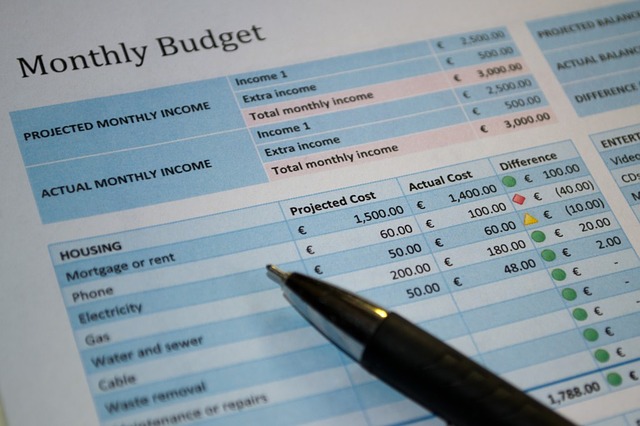The coronavirus pandemic has had a dramatic effect on the global economy and has quickly altered the financial situation of nearly all Americans, ranging from individuals in their 20s who are just starting to launch their careers to retirees. More than 26 million Americans have filed for unemployment, and experts believe that up to 20 percent of the workforce could be unemployed, which is the highest rate since the Great Depression. No one saw the pandemic coming, so most Americans were quite unprepared for the complete shutdown of the economy. Moving forward, it will be extremely important for people to consider some key lessons from the pandemic and to change their personal finance habits in order to be better prepared for the future. Some of these key lessons include:
1. Access to liquid cash is critical.
The market continued to build from 2009 to 2020, which is its longest bull run in history. However, the situation changed in a matter of days. While predicting that a novel virus would result in the market crash would have been impossible, people should have recognized that something would eventually cause a downturn. Being prepared for a market downturn involves creating access to liquid cash. As part of the coronavirus relief package, the federal government made it possible for individuals to tap into their retirement accounts without penalty, but doing so locks in the market losses. People are much better off waiting for the market to recover so that their investments also regain their value, but this is only possible if other sources of liquid cash are available to sustain them in the interim. Retirees also need access to liquid cash and ideally enough to survive for three to five years in order to avoid locking in their losses.
2. Savings needs to be prioritized in good times.

For the majority of people, coronavirus has created a situation that makes it nearly impossible to save for retirement. In fact, more than 60 percent of Americans have indicated that the pandemic has hindered their ability to save for retirement. People who have lost their jobs, faced a pay cut, or dealt with reduced hours may struggle to make ends meet, which leaves little room for savings and investments. Unfortunately, reduced savings ultimately means that people will need to save even more in the future to make up for lost time. The major lesson here is to invest more when times are good. When individuals have met their goals and still have some extra income left over, putting those additional funds into a retirement account will help create a cushion for the future. If you have a cushion, then putting savings on pause will be less devastating.
3. Securing multiple streams of income is beneficial.
Many people who lost their jobs unexpectedly felt like they had few options for keeping up a revenue stream. However, some people already had a side hustle set up that they could start to rely on more heavily once their primary gig was no longer a source of income. Individuals should have at least some semblance of a plan for generating income in the event of the sudden loss of a job. Of course, the pandemic created a unique situation in which most people were directed to stay at home by government officials. At the same time, there are many side hustles that can be pursued from your home. Some people who lost their job started online businesses early in the lockdown in order to offset financial losses. While side hustles are generally a short-term pursuit, they can help to ensure that people stay afloat until they can secure a new gig. People may want to consider continuing this side hustle for a while after landing a job in order to build an emergency fund for the future.
4. Structured budgets are always helpful.

When times are good, many people can achieve all their financial goals without a structured budget. These individuals may not understand the point of creating a budget since they have never experienced financial difficulties. Unfortunately, the pandemic cut back income for a large proportion of individuals who suddenly found themselves needing to track their spending in a way that they had not done before. While creating a budget in times of crisis is possible, it is much easier to cut back on spending when a budget already exists. Individuals can quickly look at their budget to determine where they are spending their money and to figure out which expenses can be cut instead of attempting to reduce their spending while in a panic. With a structured budget in place during good times, it may also be possible to create a larger emergency fund or to save in other ways in order to create a bigger cushion. Certainly, the pandemic has shown Americans that a large cushion is necessary, so a budget will also play an important role once the economy has recovered.
5. Everyone needs to save for medical expenses.
One of the lessons that COVID-19 has taught many people is the importance of saving for medical expenses. Sometimes, people assume that Medicare will cover all of their expenses, which is not true. Plus, Medicare itself comes with premiums. Recent estimates show that a retired couple will face an average of nearly $300,000 in medical expenses during retirement, even with Medicare, although the actual amount can vary considerably based on the circumstances. This information is not new. However, the pandemic has demonstrated how quickly a public health crisis can occur. Plus, with rates of antibiotic resistance rising, experts warn that other public health disasters could be on the horizon. Moving forward, it will be more important than ever before for retirees to save for medical costs, and these efforts should begin well before retirement.

